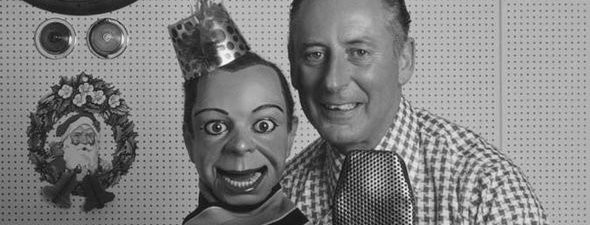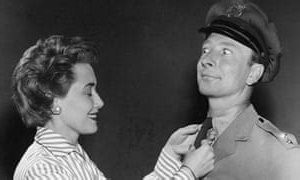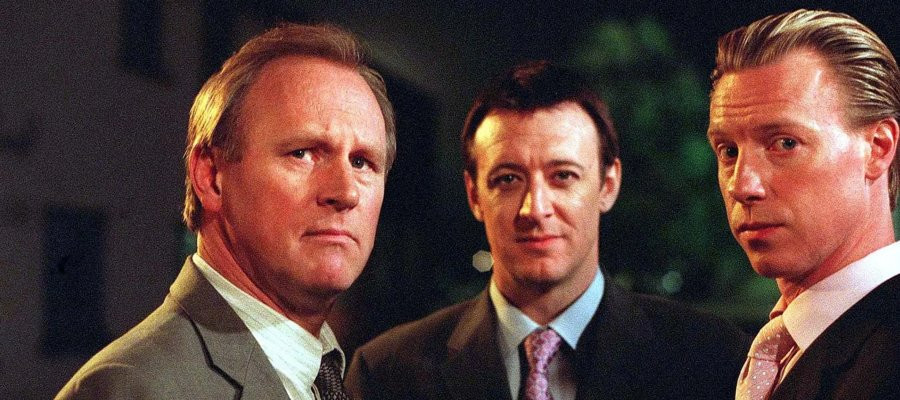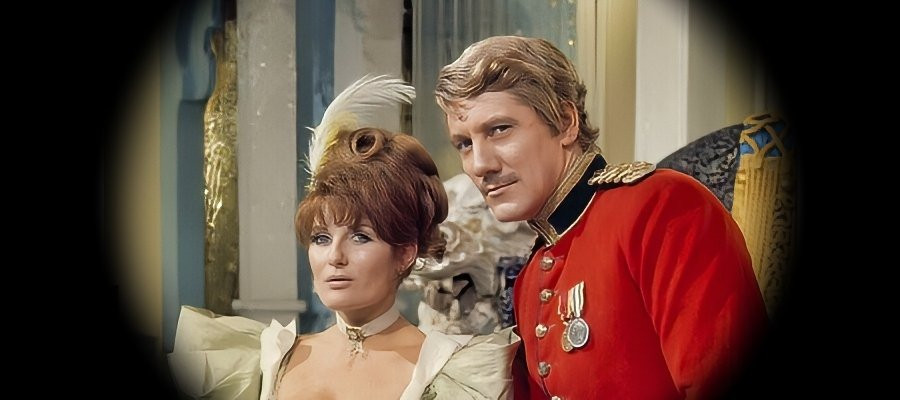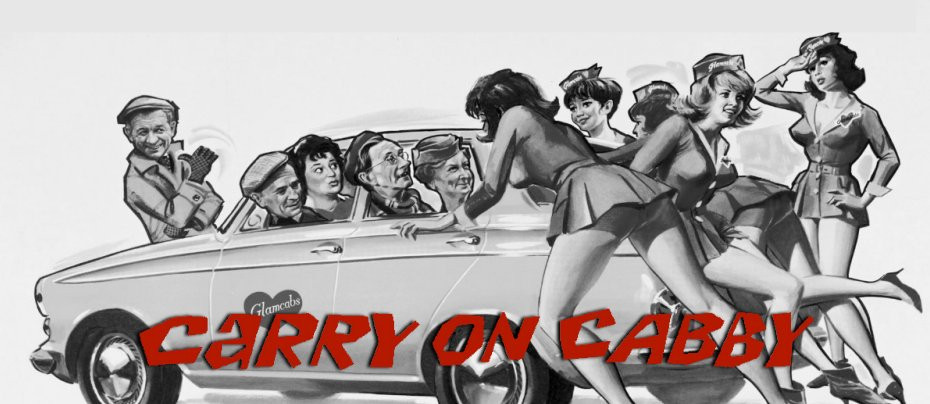
Private Investigator
1958 - United KingdomReview – Laurence Marcus
Private Investigator was a groundbreaking British television drama that delved into the shadowy, complex world of private detection through the cases handled by an English detective agency. Central to the series was the character of John Unthank, played by seasoned actor Campbell Singer, whose understated but authoritative screen presence anchored the show. Unthank was supported by a capable team portrayed by Ursula Camm, Douglas Muir, Ian White, and Allan McClelland.
The series adopted a distinctive dramatized documentary style, a hallmark of early BBC drama productions. With narration provided by Singer himself, the episodes blurred the line between fiction and reality, often leading audiences to believe they were witnessing true accounts. In truth, the stories were entirely fictional, though their realistic presentation gave them the weight of authenticity.
The creator and writer behind Private Investigator was Arthur Swinson, a former British Army officer, historian, and prolific playwright. Swinson brought a meticulous approach to the show’s development. In a Radio Times article published in November 1958, he revealed that he had collaborated with Scotland Yard to gain an insider's perspective on the types of cases a private investigator might tackle. His research took him into the world of the ‘Q Men’, a real-life unit of elite plainclothes detectives within the Criminal Investigation Department (CID) of the Metropolitan Police.
The Q Division, or Q Branch, operated discreetly and was often tasked with complex investigations involving vice, narcotics, organized crime, and undercover operations. They were considered among the most skilled operatives in British law enforcement—more akin to an internal intelligence unit than beat cops. Swinson made it clear that a private investigator would never compete with the police in such matters, particularly since many of the fictional agency’s staff were portrayed as ex-Scotland Yard men themselves.
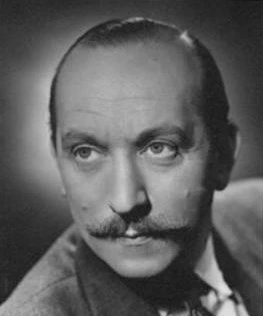
Swinson’s vision for his lead character, John Unthank, was detailed and evocative. In his own words: “Polished, flippant in manner, but brave; casual but observant; relaxed but incredibly swift-moving if occasion demands; knowledgeable but not intellectual; gentle, but a good gunman; a man who, single-handed, can solve mysteries when the entire police force has failed.” This archetype was brought to life over the course of nine half-hour episodes, which saw Unthank and his colleagues investigating a wide array of cases, from corporate fraud and domestic troubles to a curious request from the National Canine Defence League. Their cases took them far afield - from London to France, Rome, and across the Mediterranean - showcasing the international reach and intrigue of their assignments.
Although the backstory of John Unthank didn’t surface on-screen, Swinson later shared it in the Radio Times to coincide with the second series. He explained that the name "Unthank" originated from families who once worked the inhospitable lands of the Scottish Borders - lands so unforgiving they were labelled "unthankful." Over centuries, the name gained respectability, with Unthanks entering many professional fields. John, it was noted, was the first to pursue a career in detection. Swinson also remarked on Unthank's surprising sophistication, noting that critics and viewers alike were struck by his elegant dress, genteel manner, and ease in all social circles.

Swinson also explored the physical image of a real-life private investigator. Contrary to popular cinematic portrayals, he insisted that a true P.I. must appear "insignificant." Loud clothes and brash attitudes had no place in this line of work. “Whatever he does, he does quietly, and if no one notices him, he has usually succeeded,” Swinson noted—an ethos reflected in the subdued, realistic tone of the series.
At the heart of it all, Campbell Singer, already a veteran of over 50 screen credits when cast as Unthank, played his role with quiet imposing charm. Beginning his career in 1946, Singer often portrayed authority figures - military officers, police chiefs - and had a gift for blending gravitas with subtle humour. His versatility also saw him appear in episodes of the popular Hancock’s Half Hour. Over the course of his career, Singer would amass more than 400 credits, including a notable stint as Henry Burroughs in The Newcomers and multiple roles in the Doctor Who story The Celestial Toymaker. He even appeared in different roles in the beloved series Dad's Army and was a recognised playwright and dramatist in his own right.

The first series of Private Investigator consisted of just three episodes, with an almost year-long gap before a second batch of six episodes followed. Despite its brief run, the series was a showcase for rising and future stars. Notable guest appearances included David Graham (who would later lend his voice to Thunderbirds, Doctor Who, and Peppa Pig), André Maranne (best known for his roles in the Pink Panther films), Harry Towb (Wreckers at Dead Eye), Noel Dyson (Father, Dear Father), Desmond Llewelyn (best remembered as the original ‘Q’ in James Bond films) and Rio Fanning (The District Nurse).
While later decades would see the rise of detective and private eye shows like Hazell, Public Eye, The Rockford Files, and Cannon - all of which dominated primetime both in the UK and the US - Private Investigator laid the early groundwork for the genre on British television. Tragically, like many BBC productions of the era, no known episodes of the series have survived, leaving only written records and personal memories to testify to its impact.
Nevertheless, Private Investigator remains a fascinating early entry in the annals of British crime drama - one that blended realism with fiction, character with mystery, and drama with documentary flair.
Seen this show? How do you rate it?
Seen this show? How do you rate it?
Published on April 22nd, 2025. Written by Laurence Marcus for Television Heaven.




